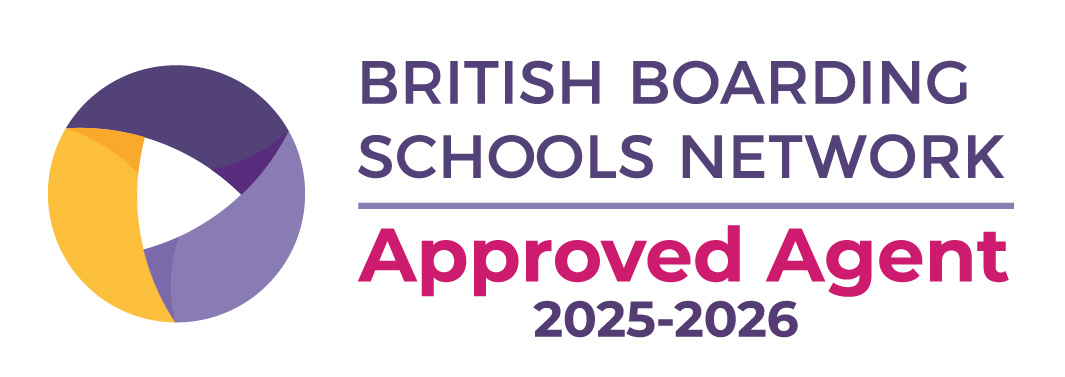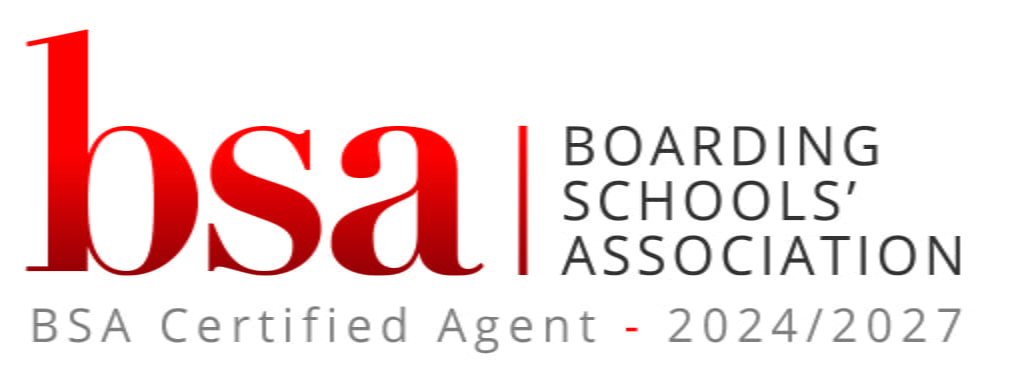Contents:
Book a free consultation today!
The key features of the English school system
Each time the annual PISA study is published, attention quickly shifts abroad among politicians, teachers, parents and pupils alike. What works better elsewhere? How are challenges handled in different countries? One system that often comes into focus is that of England. But how exactly does the British system work? Where are the similarities and differences, and what are the distinctive features of schooling on the island—beyond the well-known fact that uniforms are compulsory?
Structure and foundations
The English school system is made up of three or four main phases, depending on the qualification being pursued. Compulsory schooling begins at the age of five and continues until Year 11. Those aiming for university continue into the Sixth Form.
- Infant School (early years), Years 1–2
- Junior School (primary), Years 3–6
- Secondary School, Years 7–11
- Sixth Form (upper secondary), Years 12–13
Unlike some systems, in the UK, there is no split into different tracks after primary school. All pupils continue together. Equally, pupils do not repeat an entire year if they struggle. Instead, targeted support is provided, or specific subjects are revisited where needed.
School days are often long. Even in primary school, they run from morning until around 3:30pm. The academic year is not divided into two semesters but into three terms: the Autumn Term (September–December), the Spring Term (January–April), and the Summer Term (April–July).

Subject choices and specialisation
Although pupils progress through the school system in age-based cohorts, not all leave with the same qualifications. From around Year 9, studies are shaped towards the GCSE examinations in Year 11 (General Certificate of Secondary Education) or age 16. English, mathematics and science are compulsory, but beyond these, pupils can choose from a wide range of subjects—normally from ten to twelve in total.
Those aiming for university continue into the Sixth Form for two years, studying a reduced number of subjects – usually three or four. These are the A-Levels. Pupils specialise, selecting subjects that match their talents and future academic or career ambitions.
Particularities of private schools
Alongside state schools and a considerable number of homeschooled pupils, England has many private schools – far more than in many other countries. A significant proportion of these are boarding schools, where pupils live and study on campus.
While private schools follow the same examination requirements (GCSEs and A-Levels), they often offer key advantages:
- Smaller class sizes, allowing teachers to give more individual attention.
- Wider subject choice, often including more foreign languages or niche courses.
- Additional qualifications, such as the International Baccalaureate (IB), a globally recognised diploma.
- Specialist provision, with some schools focusing particularly on science, languages, the arts, music or sport, supported by excellent facilities.
Advantages of the English school system
Every education system has its strengths and weaknesses. Yet England’s enjoys a particularly strong reputation worldwide, thanks to its long academic tradition and focus on excellence. Among the advantages:
- All pupils are taught together, creating equal opportunities and room to catch up if needed.
- High-achieving pupils can use exam results as a springboard to prestigious universities.
- The A-Level structure allows for early specialisation and the chance to drop weaker subjects, leading to stronger results.
- Qualifications gained in England are widely recognised internationally, making future academic and professional mobility straightforward.

What students can expect at an English school
School life itself is distinctive.
- Longer days mean pupils spend more time together, including shared lunches and afternoon activities.
- Community spirit is strong, with pupils often involved in clubs, sports and arts alongside lessons.
- School uniforms reinforce a sense of identity and belonging.
Boarding schools in the English system
Boarding schools hold a special place in the English psyche. They are far more common than in many other countries and often have centuries of tradition, with alumni lists that include prime ministers, writers, scientists, and members of the royal family. They are aspirational, where children want to go and hope they have the opportunity to attend.
Boarding schools provide far more than academics. They aim to develop the whole person, offering:
- Rich extracurricular programmes in sport, music, theatre and art.
- Afternoon and weekend clubs and societies.
- Excursions, expeditions and cultural trips.
- Strong support for individual talents.
Spending time at an English school
For many students, studying abroad is a life-changing experience, broadening horizons, strengthening language skills and building independence. England offers an excellent environment for this.
- English is already widely taught abroad, so pupils integrate smoothly.
- Lessons and qualifications usually align closely with those of their home country, ensuring recognition.
- Many schools, particularly private and boarding schools, have a long tradition of welcoming international students.
Whether for a term, a year, or the entire school journey, studying in England offers young people a valuable combination of academic opportunity and personal growth.
FAQ: The English school system
What are the differences?
School uniforms are standard, and days are longer than in many other countries. Otherwise, the subjects and content are broadly similar.
What types of schools are there?
Primary (Years 1–6), secondary (Years 7–11), and Sixth Form (Years 12–13). Both state and private schools exist, with many private schools being boarding schools.
What qualifications are offered?
The GCSE at age 16, the A-Levels at 18, and in many private schools, the International Baccalaureate as well. All are widely recognised internationally.
Schedule a free consultation
How can we help you?

Julia Wilmes
Managing Director
Supporting families through these important steps in their children’s educational journey has become my heartfelt mission since founding Akademis. That is why it is especially important to me that we dedicate ourselves to every student seeking a boarding school with empathy and personal care.







